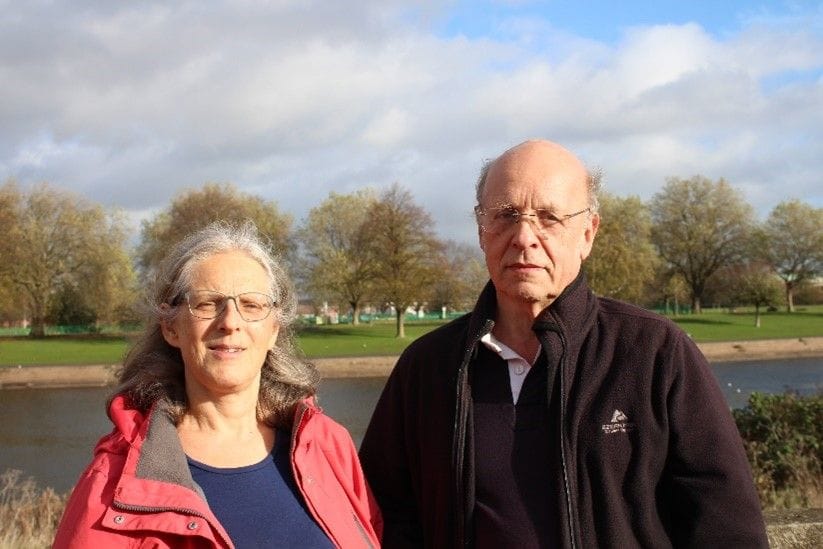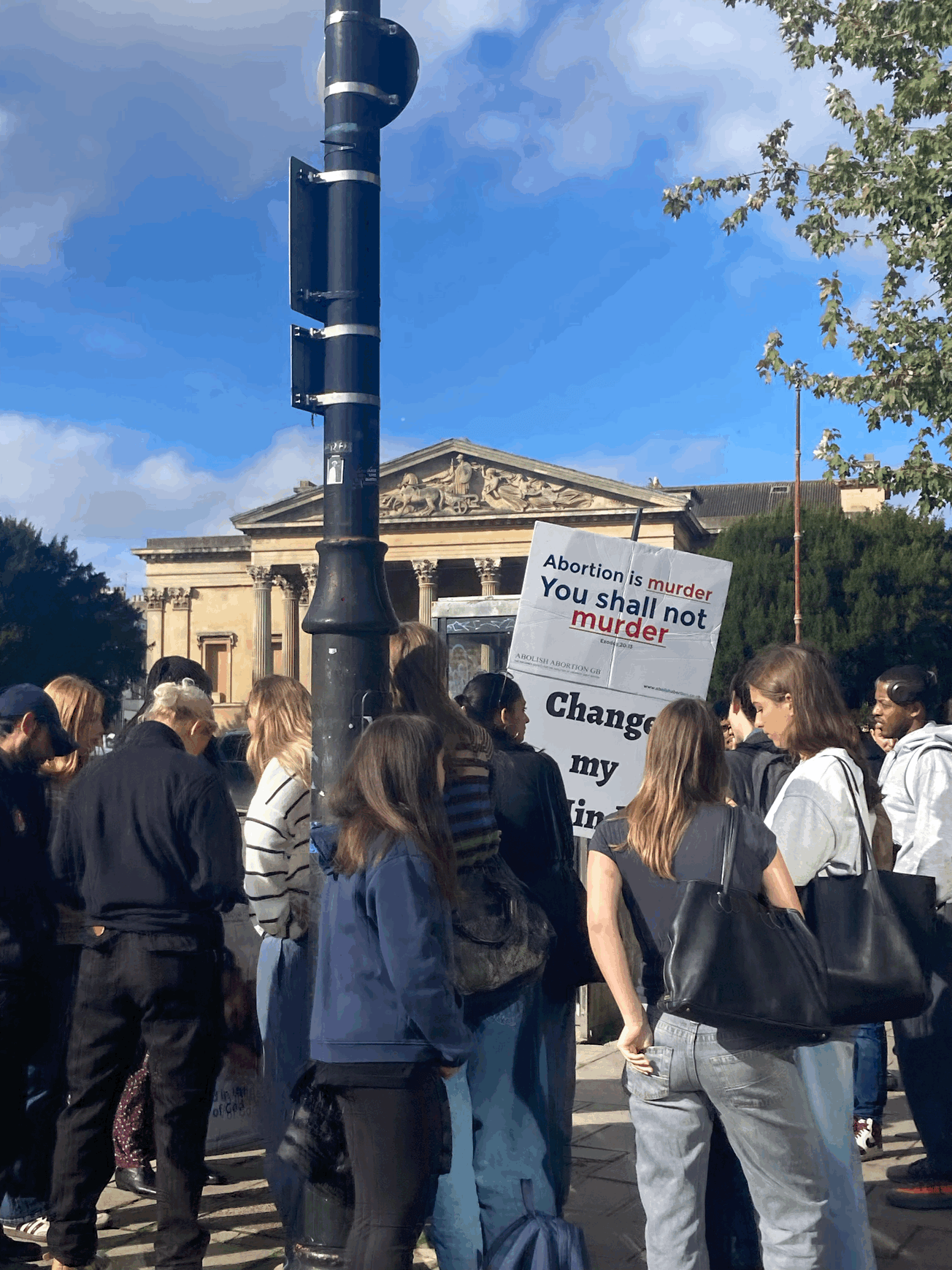By Seb Davies, Third Year, Philosophy
An appeal against the judgment that the University of Bristol Contributed towards Natasha Abrahart’s death has been rejected by a High Court decision.
Natasha Abrahart took her own life in 2018, the day she was meant to give a group presentation. The second year Physics student had suffered with chronic social anxiety since childhood.
In March of 2022, Natasha's parents brought legal action against the University under the equality act, arguing that the University contributed to Natasha's death as a result of discrimination against her disability.

In 2022, a judge ruled that the University of Bristol discriminated against Natasha in failing to accommodate her mental health disability, with the judgement stating that ‘there can be no doubt that there was direct discrimination’. The University was ordered to pay £50,000 in damages.
Judge Ralton found the University had breached its duty to make reasonable adjustments to the way it assessed Natasha. He also noted that ‘it was accepted by the medical experts that the primary stressor and cause of Natasha’s depressive illness was oral assessment.’
In October 2022, Bristol University announced it was launching an appeal against the decision to the High Court. Regarding the decision to appeal the decision, a spokesperson for the University said: ‘in appealing, we are seeking absolute clarity for the higher education sector around the application of the Equality Act when staff do not know a student has a disability, or when it has yet to be diagnosed.’
Today, in a 62 page judgement, Mr Justice Linden found that the University had failed on all seven of its grounds of appeal.
Justice Linden ruled that the University had failed in its argument that ‘the assessment of a student’s ability to explain laboratory work orally, to defend it and to answer questions on it’ was a ‘core competency of a professional scientist’.
Having dismissed the appeal, Justice Linden stated that it was ‘not necessary’ for him to ‘express any view, one way or the other’ with regard to whether universities owe their students a duty of care.
On the day in which Natasha was found, she had been due to complete a presentation in front of more than forty students and staff in a lecture theatre seating 329 people.
Prior to this, in February 2018, Natasha had emailed a university staff member regarding her mental health, stating that ‘I’ve been having suicidal thoughts, and to a certain degree have attempted it.’
The High Court has rejected the University of Bristol’s appeal against an earlier judgement that it contributed to the death of a student by discriminating against herhttps://t.co/9AjzJ56rbv
— Bristol24/7 (@bristol247) February 14, 2024
Following the decision Dr Abrahart, Natasha’s father, said: ‘The University of Bristol failed our daughter, broke the law, and contributed to her death’, adding that ‘it is now for the University of Bristol, and higher education institutions across the country, to get their houses in order.’
Natasha’s mother, Margaret Abrahart, said ‘We have been able to get some measure of justice for Natasha because she was disabled and therefore covered by the Equality Act. But what about students who aren’t disabled? They need a statutory duty of care.’
Following the High Court decision, Professor Evelyn Welch, Vice-Chancellor and President of the University of Bristol, said: ‘Natasha’s death is a tragedy - I am deeply sorry for the Abrahart family’s loss.’
'At Bristol, we care profoundly for all our students and their mental health and wellbeing is a priority and is at the heart of everything we do. We continue to develop and improve our services and safeguards to support our students who need help.’
‘In appealing, we were seeking clarity for the Higher Education sector around the application of the Equality Act when staff do not know a student has a disability, or when it has yet to be diagnosed. We will work with colleagues across the sector as we consider the judgment.’
‘I am grateful to our dedicated colleagues who work tirelessly to support all our students and to those who specifically supported Natasha which included a referral to the NHS. Higher Education staff across the country share our deep concern about the increase of mental health issues amongst young people, and with that rise comes the increasing importance that staff, students, and their families are clear on what support universities can and should provide, and that students receive appropriate specialist care under the NHS should they need it.’
‘In 2022 Bristol became one of the first universities to receive the University Mental Health Charter Award, which recognises the continued hard work of our staff and students in terms of taking a strong, structured approach towards improving mental health and wellbeing across our university. We know there is always more to do, and we will keep working to achieve the best for everyone in our community.’
Featured image: Abrahart family
Where to go for support:
To seek support within the University, students are encourage to access these services:
Students can request wellbeing support by completing a simple Wellbeing Access form, by emailing wellbeing-access@bristol.ac.uk or calling 0117 456 9860 (open 24 hours)
Multifaith Chaplaincy: call 0117 954 6600 or email multifaith-chaplaincy@bristol.ac.uk
Students' Health Service: 0117 330 2720
Students may not always be sure about what kind of support they need – to explore what might be helpful, please complete the form, telephone or email Wellbeing Access who will be happy to help.
Other student support services include:
· Young Minds: https://youngminds.org.uk/
· Nightline: https://www.nightline.ac.uk/want-to-talk/
· Papyrus: https://www.papyrus-uk.org/ / 0800 068 41 41
· Student Minds: http://www.studentminds.org.uk/findsupport.html
· Samaritans Step by Step: stepbystep@samaritans.org / 0808 168 2528 /









